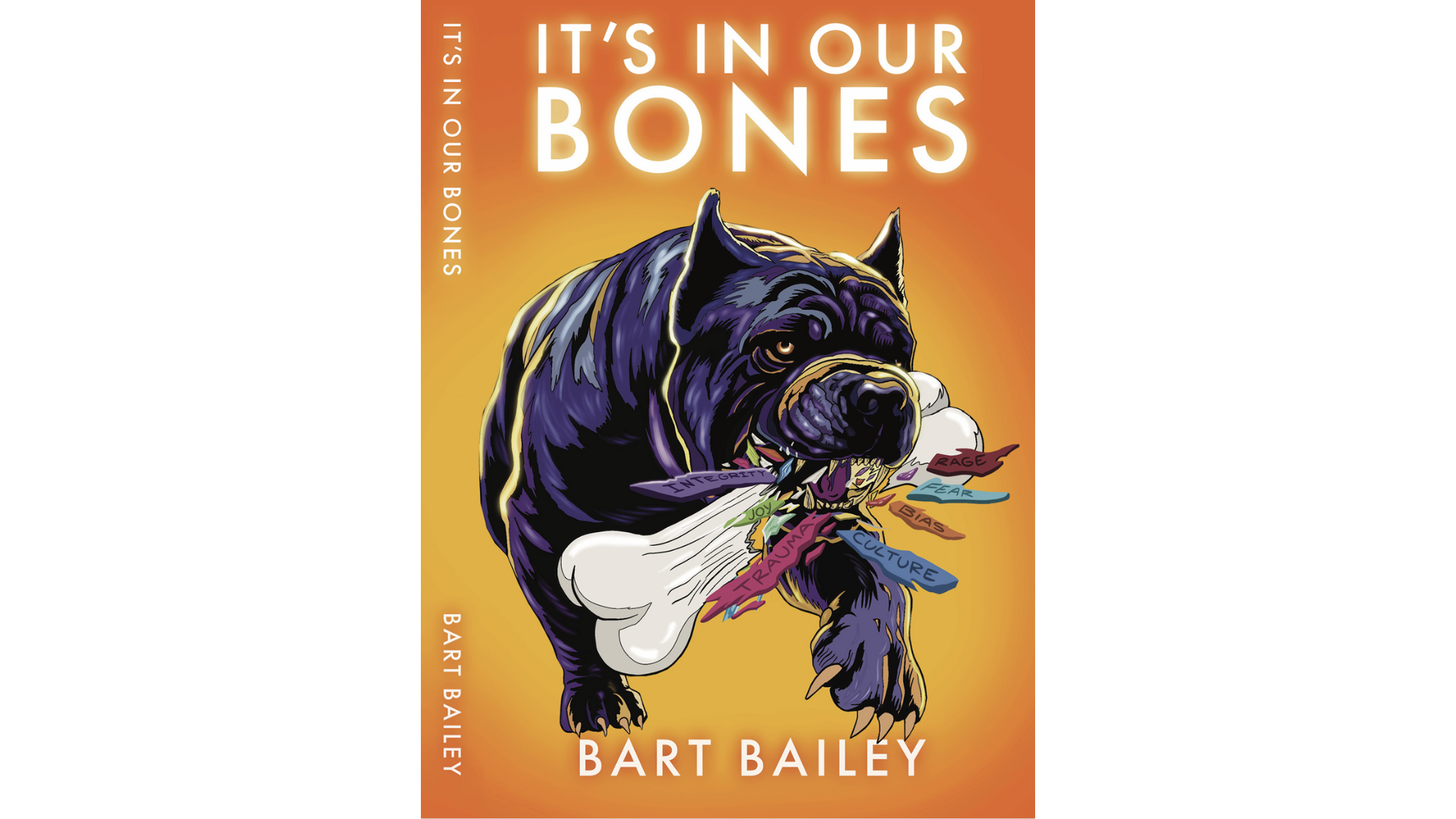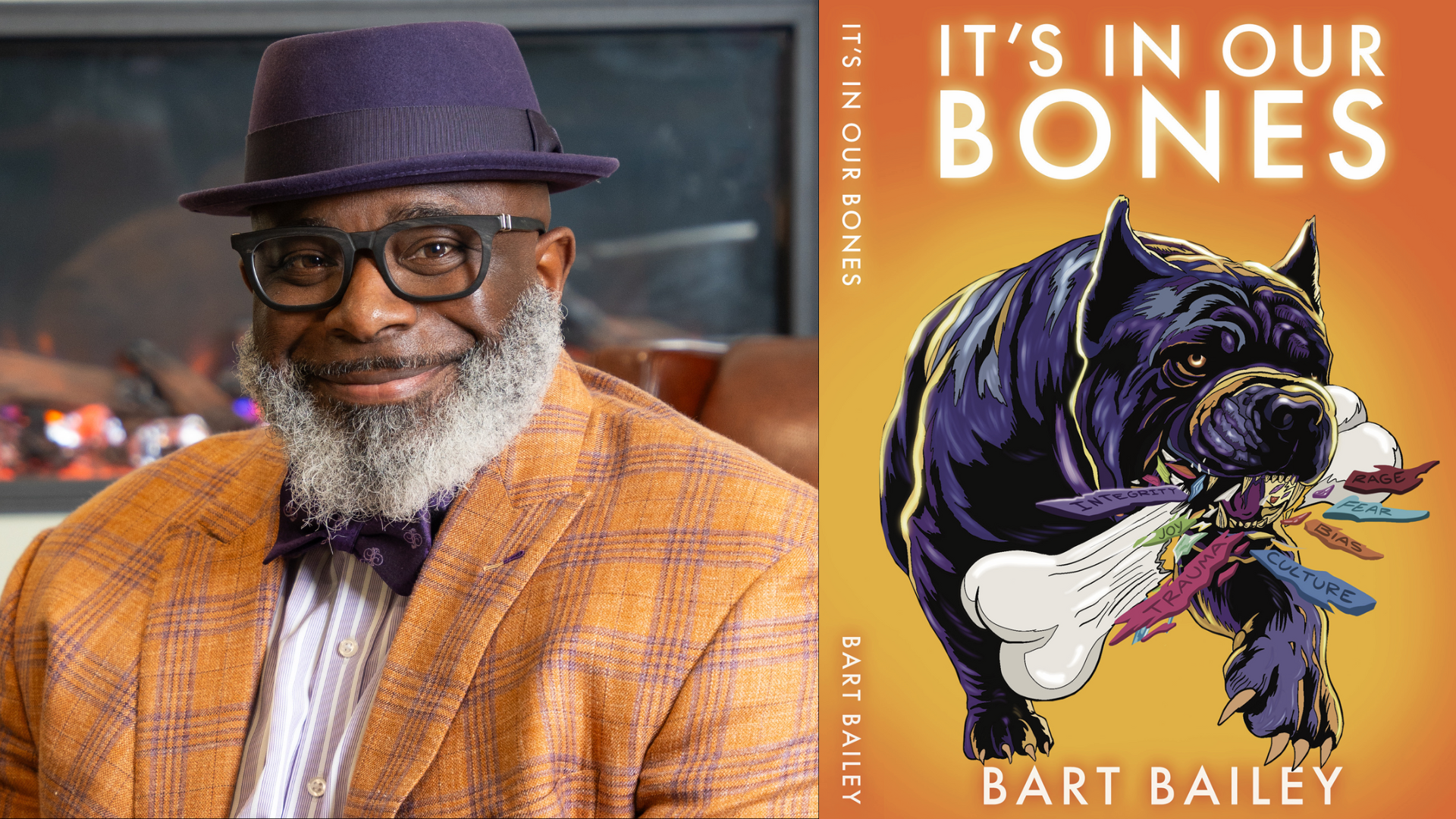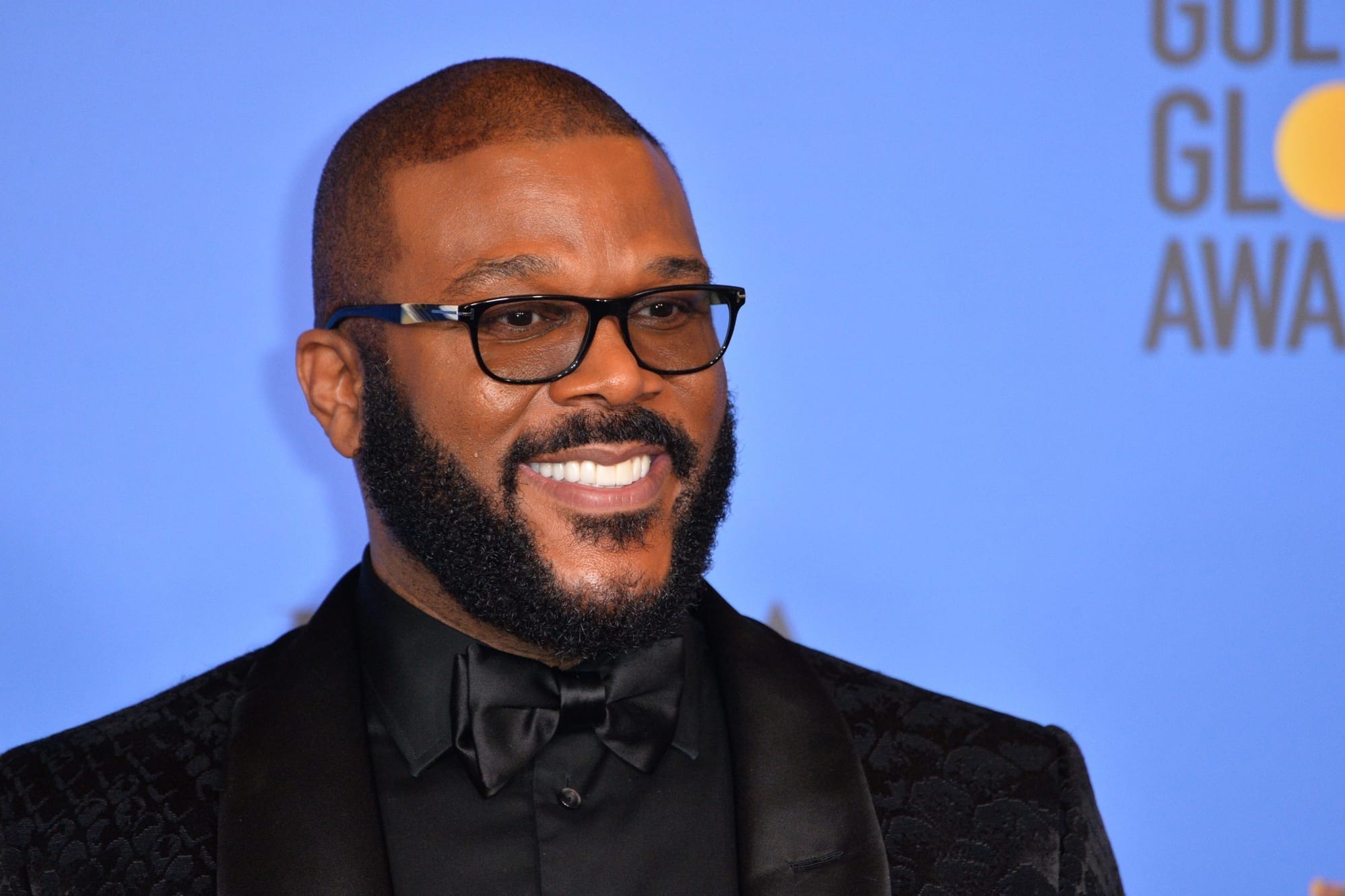What if the answers we’ve been looking for aren’t “out there,” but waiting patiently within us—buried beneath inherited beliefs, family patterns, and cultural conditioning?
In It’s in Our Bones, the debut book by Bart Bailey, the founder of Courage to Care, readers are invited into a deeply personal and collective journey of unlearning, remembering, and healing. Part reflection guide, part spiritual reckoning, and part journal, the book offers more than just prompts, it holds space. Space to feel, to question, and to come home to yourself.
We sat down with Bailey to discuss the inspiration behind his book, the power of journaling for personal growth, and the work he's doing through his business, Courage to Care.
The Inspiration Behind It’s in Our Bones
It’s in Our Bones was born from the ache of watching beautiful, brilliant people live out scripts/narratives that were never meant for them. I wrote it as both a reckoning and a re-membering—a way for us to pause, reflect, and return to our truest selves. It’s not just a book. It’s a mirror, a journal, and an offering. - Bailey
Bart Bailey explained that the moment that inspired him to write It’s in Our Bones wasn’t just one, it was a layering of many moments. “I sat across from someone whose pain was older than they were. I sat in rooms where history echoed louder than the present. I realized we are all carrying stories, some told, most untold, that shape how we show up in the world.”
Journaling as a Tool for Healing
A central element of the book is its encouragement for readers to journal and reflect on their personal narratives. When asked how this practice can lead to healing and transformation, Bailey explains, “When we write, we interrupt the noise. We get beneath the surface and access the quiet truths inside of us. Transformation doesn’t come from information alone, it comes from deep internal inquiry.”
Journaling allows us to see the patterns in our lives and the inherited scripts that limit our potential. “This book invites people to reclaim their stories, to disrupt what no longer serves, and to write themselves back into the center of their own becoming,” he adds. “That’s where healing begins: in the space where truth meets compassion.”

The Collective Power of Healing
In addition to individual transformation, Bailey hopes his book will inspire a collective sense of healing. “Individually, I want readers to feel seen,” he says. “I hope they give themselves permission to feel it all, question it all, and love themselves through the messiness of that process.”
He emphasizes the importance of remembering that we are not alone.
“Our healing is connected. What’s in my bones might also be in yours because we are part of something larger. A tapestry of memory and resilience. If we can hold our own stories with tenderness, we can start holding each other differently too.” - Bailey
Launching Courage to Care
In addition to writing, Bailey has built Courage to Care, a business that centers belonging and human-centered values. He shares that the idea for the business came from a deeply personal experience:
“My youngest son, Ivan, experienced a painful bullying incident that pierced through every layer of my being. Watching him navigate that harm, and knowing how often the humanity of Black children is overlooked, ignited something in me.”
This moment, combined with years of experience in systems where people were reduced to checkboxes, led him to launch Courage to Care. “It was my response to every moment where people have been made to feel invisible, unsafe, or unworthy. It’s a counter-cultural act to prioritize belonging and human connection in every room.”
Reframing DEI Initiatives
One of the ongoing challenges in many workplaces is integrating meaningful Diversity, Equity, and Inclusion (DEI) initiatives. When asked about common misconceptions about fostering inclusion, Bailey offers a clear perspective:
“One misconception is that DEI is a checklist or a training session you complete once a year. True inclusion is not a program, it’s a practice. It’s ongoing. It’s deeply human.”
He goes on to challenge the view that inclusion is about “helping others,” instead emphasizing that it’s about expanding our capacity to lead with integrity. “Inclusion isn’t about being politically correct. It’s about being profoundly connected. When we reduce this work to metrics or optics, we lose its transformative potential.”
“The idea that DEI work is divisive is rooted in a fear of discomfort, not harm. This work doesn’t divide us; it reveals the divisions that already exist and invites us to bridge and build with honesty, accountability, and care.”
He sees the dismantling of DEI efforts as making the work even more urgent. “The work is sacred and rooted in truth. Justice and belonging are not threats to excellence; they are prerequisites for it.”
A Leadership Lesson
As someone with over 25 years of leadership experience, Bailey has learned that leadership isn’t about titles but presence. “The most enduring lesson? Presence is power. Titles don’t change people, presence does. When you lead with authenticity, curiosity, and compassion, you create space for others to do the same.”
Leadership, he notes, is about choosing courage over comfort and integrity over fear. “It’s about being the one who listens deeply and sees clearly.”
Creating Brave Spaces
In his work, Bailey often creates “brave spaces” for difficult conversations. He advises those struggling with initiating hard conversations to first focus on themselves. “You cannot guide others into spaces you haven’t had the courage to enter,” he says. “Be honest about your own fears, your own blind spots, your own deep longings.”
He emphasizes the importance of humility in these conversations. “Approach others not with certainty, but with humility. Ask questions. Listen more than you speak. Brave spaces ask us to risk vulnerability, but in doing so, they open the door to transformation.”
The First Step Toward Self-Awareness
For those interested in starting their own journey of self-awareness and unlearning harmful narratives, Bailey suggests a simple yet profound first step: “Pause. Selah. Slow down before rushing to fix, explain, or even understand.”
This intentional pause allows us to reflect on whose voice we’re hearing—and whether it’s truly our own. “So much of what we believe about ourselves was handed to us before we ever had the chance to ask if it was true,” he reflects.
By making space for reflection, we can begin to notice and shift the narratives that no longer serve us. “This is the work: to see yourself fully, to hold what is real with compassion, and to step toward a way of being that feels truer, freer, and more whole.”
Bart Bailey's work is a reminder that transformation begins with us: our willingness to reflect, to pause, and to reframe the narratives that shape our lives. Through his book, It’s in Our Bones, and his business Courage to Care, he offers tools for healing, growth, and connection. Get your copy of It’s in Our Bones here.
As he reminds us, “When people feel that your heart is open, they’ll feel invited to open theirs, too.”


